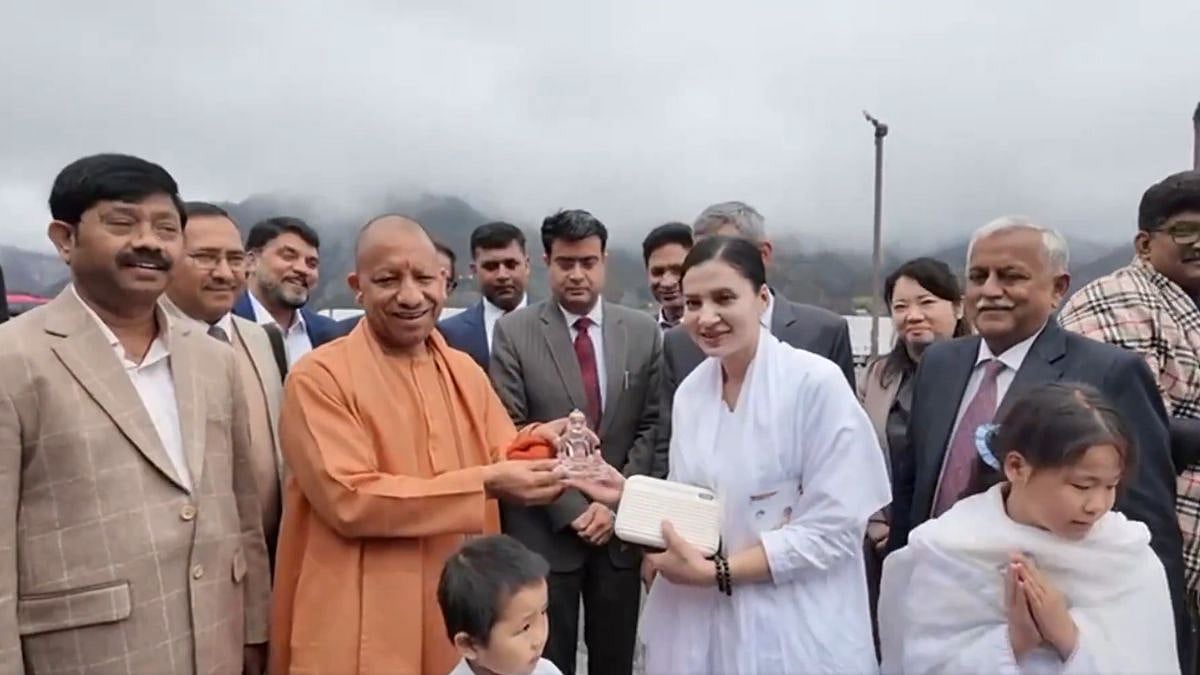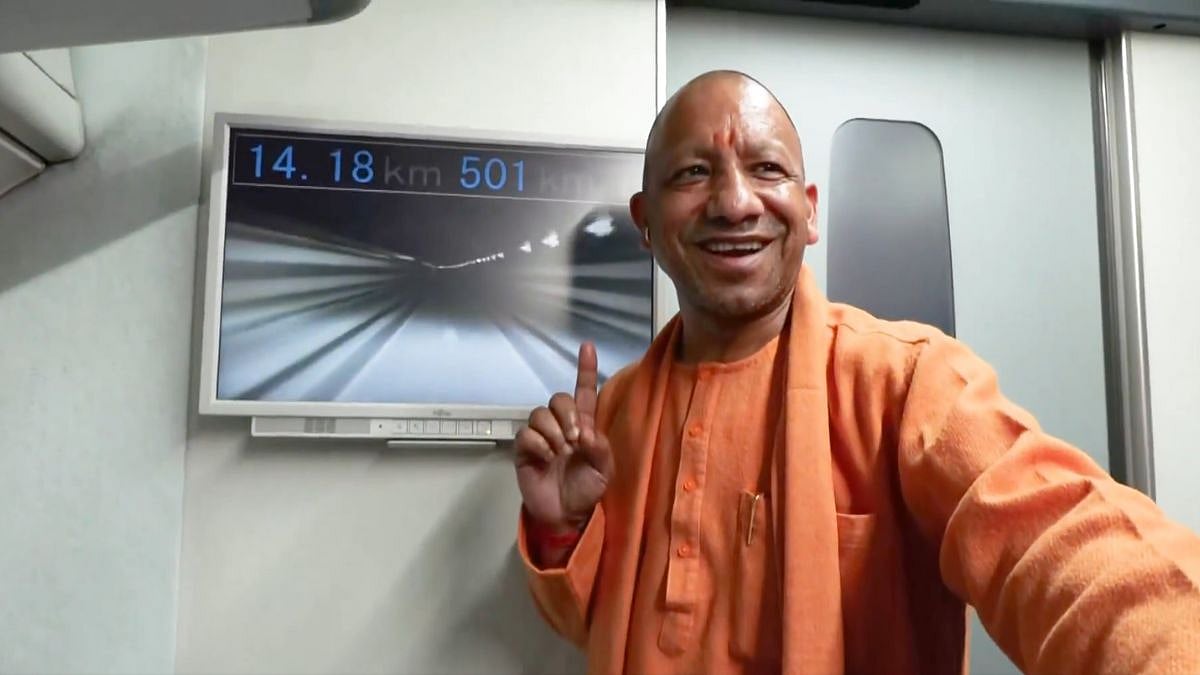Q. Can a housing society invest its surplus amount in shares of companies?
– Rajeev Bundela, Mahim
A. The MCS Act provides for investment avenues for housing societies, which does not include shares of companies. A housing society can invest or deposit its funds in a district central co-operative bank, the state co-operative bank, having awarded at least ‘A’ Audit Class in the last three consecutive years. If no such central co-operative bank is available in the district, then surplus funds may be invested in any nationalised bank. Further, your society can invest in any of the securities specified in Section 20 of the Indian Trusts Act, 1882. Societies are allowed to invest in the shares, or security bonds, or debentures, issued by any other society with limited liability but not in the companies as stated earlier.
Q. Can parents retrieve a flat transferred in the name of their children, if the children are not looking after it?
– Keshav Malkani, Nerul
A. Section 23 of the Maintenance and Welfare of Parents and Senior Citizen Act, 2007, provides for certain circumstances making the transfer of property void. If any parent / senior citizen has transferred by way of gift or otherwise their flat to their children and the deed of transfer / gift has a condition that their children should provide them with the basic amenities and basic physical needs, which are not complied with, the said transfer of property will be deemed to have been made by fraud or coercion or under undue influence. In such a situation, the parent / senior citizen will have an option to approach the maintenance tribunal to declare the said transfer deed as “void”.
Further, a parent / senior citizen will have a right to receive maintenance out of an estate and such estate or part thereof is transferred, the right to receive maintenance may be enforced against the children if they have a notice of such right. The right will not be enforceable against the children if the transfer is gratuitous; or for consideration but without notice of such right to stay or maintenance of the parents / senior citizen.
If parents / senior citizens are incapable of enforcing the rights as aforesaid, action on their behalf may be taken by any registered voluntary organisation working for a similar cause. Thus, while transferring the property to children, it is advisable to incorporate a clause to the effect that until death the parents / senior citizens will be entitled to live in the said property and that the children will maintain parents / senior citizens throughout their life to ensure security.
Q. Can stamp duty paid on the Permanent Alternate Accommodation Agreement (PAAA) be refunded on cancellation of the said agreement? What about the stamp duty paid to the builder on the purchase of additional area?
– Akalpita Patil, Goregaon
A. As per the IGR circular dated July 26, 2023, the stamp duty payable on PAAA is Rs100. The Maharashtra Stamp Act provides for certain circumstances under which the stamp duty paid can be refunded, including the cancellation of the registered agreement (PAAA in your case). The application has to be filed by the person in whose name the stamp duty has been paid. Such an application has to be made on the website of IGR (igrmaharashtra.gov.in) where a separate module has been created for stamp duty refund and submit the application along with the necessary supporting documents to the collector of stamps. The original agreement and the registered cancellation deed has to be submitted along with the challan showing the payment of stamp duty. The time limit for applying for refund against cancellation of an agreement for sale is within two years of the date of registered cancellation of document and in case of replacement of document (variation deed for example) within six months of date of replacement of the document.
The questions are answered by Sharmila Ranade, a legal expert associated with Mumbai Grahak Panchayat. The questions, in brief, may be sent to fpjchs@gmail.com




